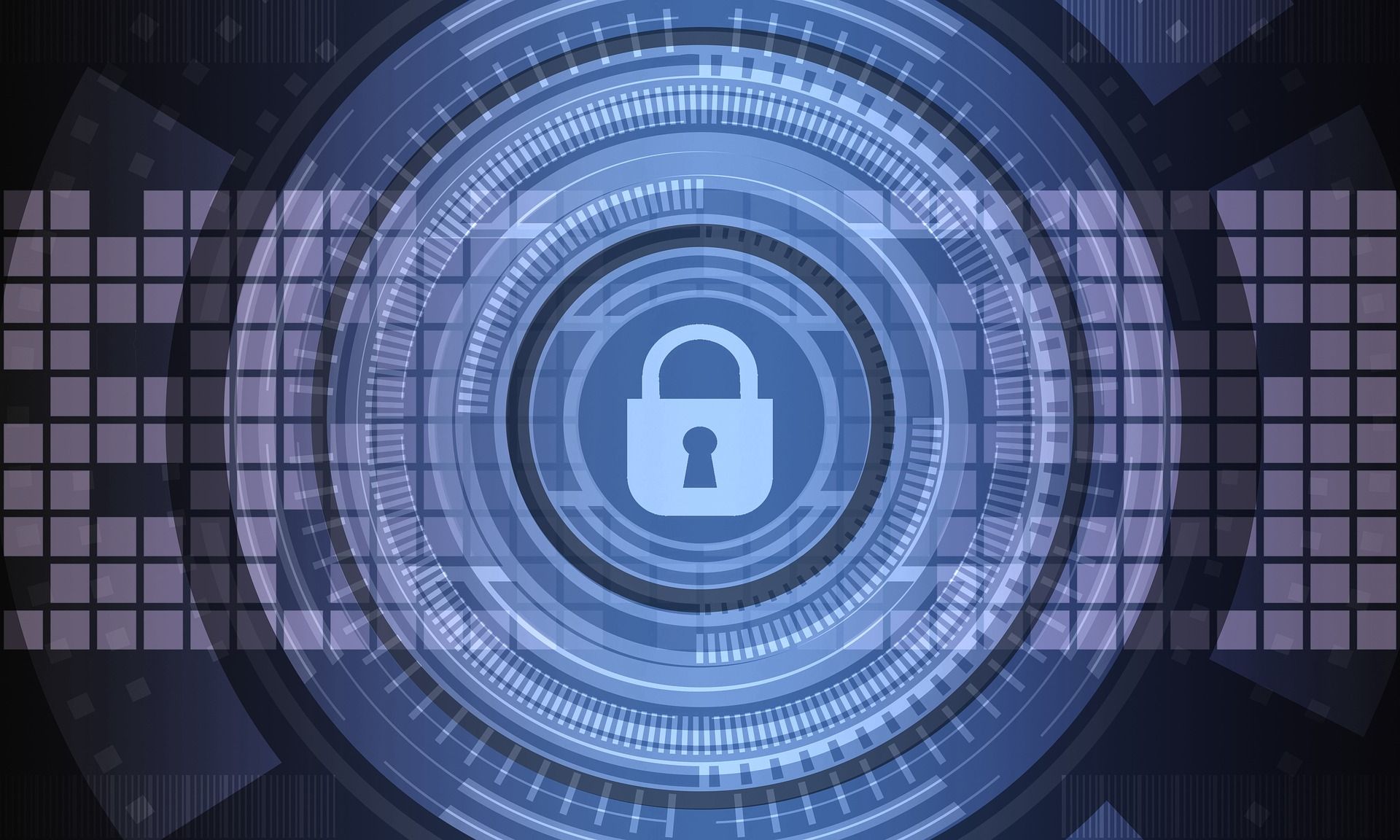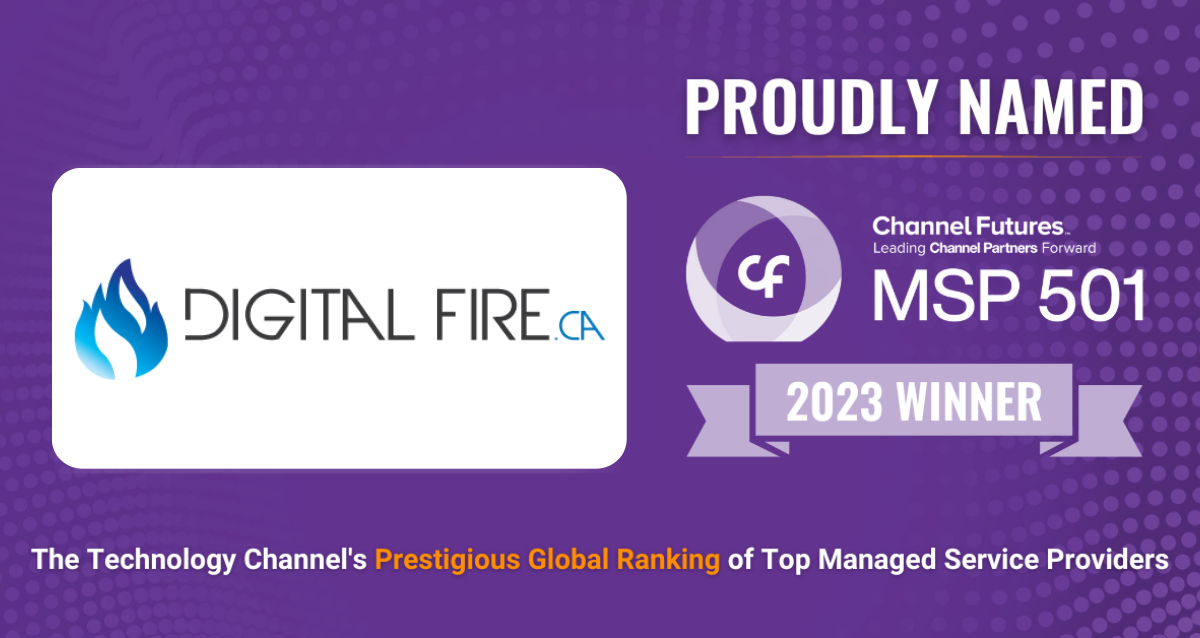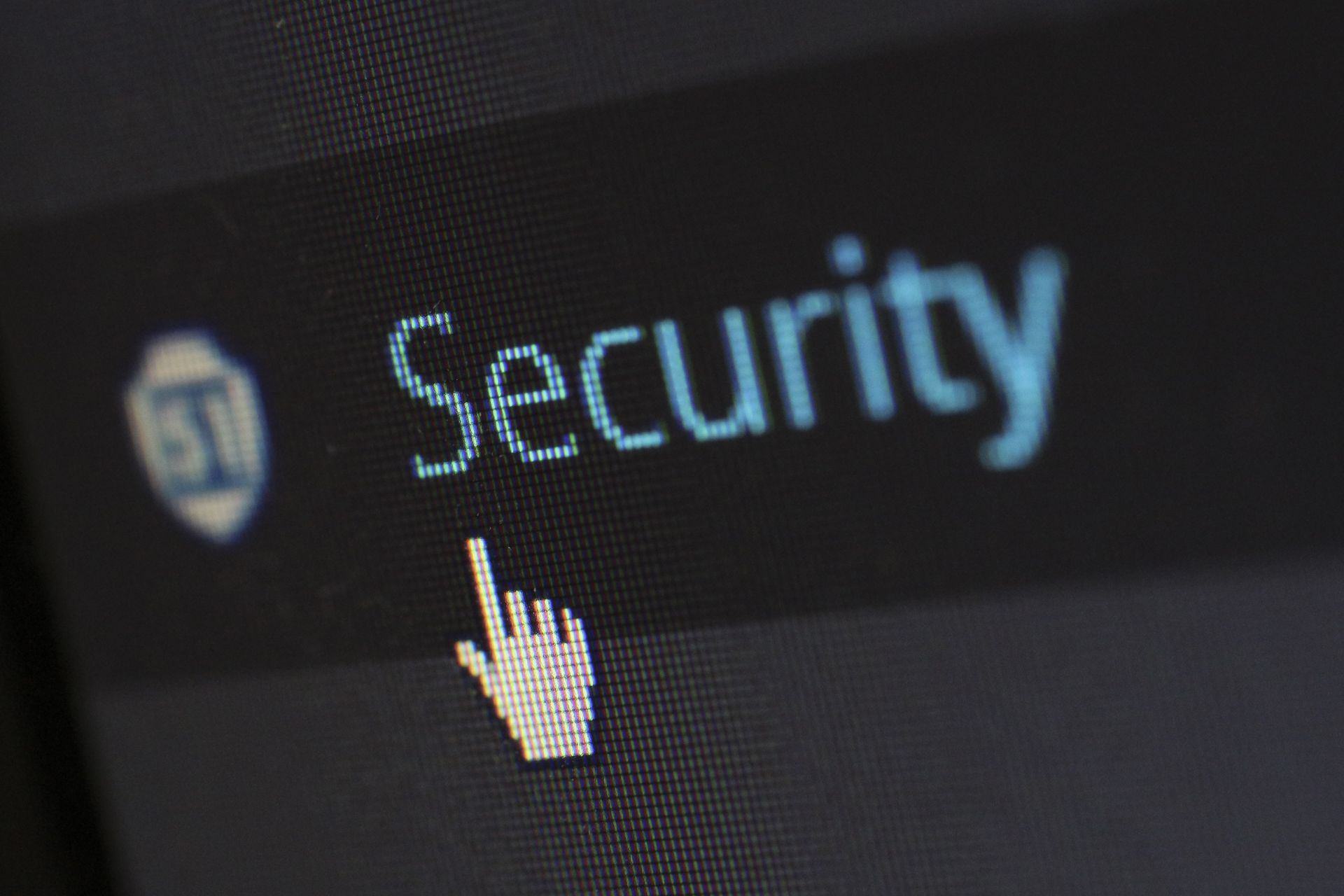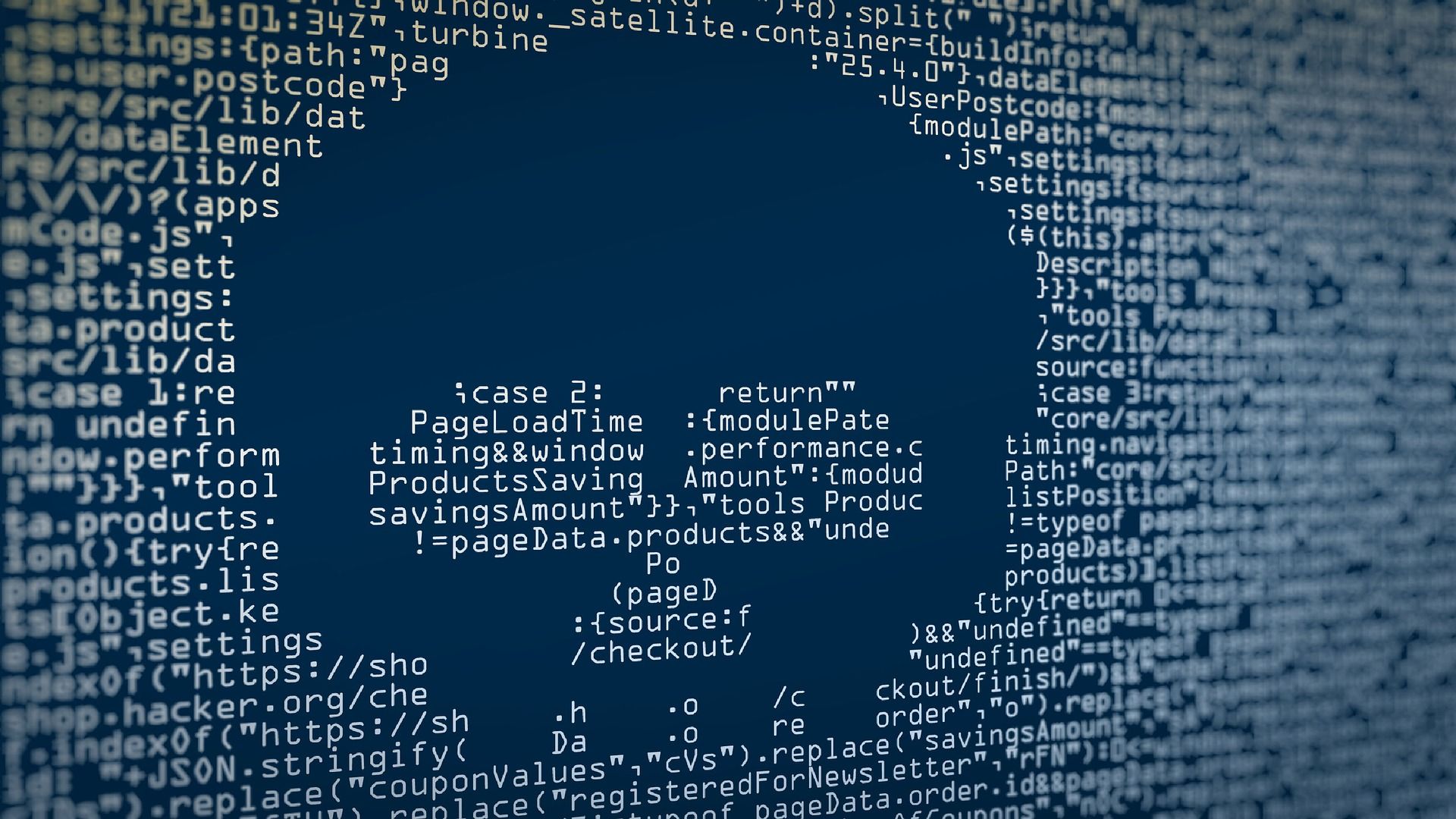The Cost of Implementing IT Security in Your Business
When building a new IT system, make sure you're creating something safe and secure. All kinds of data breaches and hackers show up in the news every year, and being the victim of one of these attacks can make it hard for your users and consumers to trust your website or company.
Look into implementing some form of cybersecurity, protective and passive defenses against all kinds of cybercrime and malware. It might seem like an extra step, but it's very much worth the money compared to recovering from attacks, and the best cybersecurity services are less expensive than you might expect.
What is cyber security?
Simply put, cybersecurity is any form of protection in your IT system to defend your hardware and data from being victimized by hackers. These cybercriminals can do things like place ransomware and malware that hold your data hostage, or they could copy data like login and customer information to victimize your business and your consumers.
Cybersecurity intends to prevent this from happening in the first place. It comes in various forms to protect your data and hardware from threats. Ultimately, though, it attempts to ensure you aren't the victim of a crime, as well as keeping you updated when your IT system is being targeted and attacked.
What makes up cyber security?
There isn't a single form of cybersecurity that provides complete safety on its own, as there are all kinds of things that can make up your IT security. The best cybersecurity involves knowing many challenging terms and protective systems, but two general areas can help simplify this complex need for your online systems.
Digital Security
The first area to keep in mind is your digital security, essentially the non-physical defenses you have in place for your company and customers. This realm of cybersecurity essentially makes it difficult for hackers to access your data from a remote location.
Digital security includes having password systems that block hackers off at various points, firewalls to prevent malware and viruses from entering your system unexpectedly, and frequent updates to ensure your system doesn't remain consistently vulnerable.
Physical Security
The other area where cyber crimes can happen is entirely physical and have to do with who has access to your IT system and from where they can access it. Most people see hackers as breaking into systems and stealing information from afar, but having physical access to a device with information is often the easiest way for hackers to steal or damage your systems.
If your employees have access to it on their phones and home computers, it's important to have passwords and encryptions to keep data protected and hidden if the device is damaged or stolen. If you are an online or remote business, you'll likely have even more access points for hackers to break into, and you need to make sure your employees can protect them as easily as possible.
Why is cyber security important for your business
It's easy to say that cybersecurity prevents you from being hacked, but there are many more consequences than you might think. The most obvious problem is losing your data. Hackers may take your information and delete it from your system to either hold it hostage and force you to pay a ransom fee or prevent your business from recovering from the damage of a hack.
Besides that, having poor cybersecurity during a hack can be concerning from the perspective of customers and consumers. If your company is hacked and announces that private user information was stolen, people may see your company as too dangerous to support. Your customers won't trust you with their digital payments or personal information.
Cyber security is essentially a proactive way to prevent these kinds of financial and reputational consequences. No matter how expensive you think cybersecurity is, being the victim of a hack will cost you more.
What factors determine your cyber security costs?
Before talking about the cost of your protection, it's important to know how much a hack would cost you if you were to remain unprotected from cyber threats. If you have a 1M business, you can lose about $25,000 to $100,000 through paying off ransomware, repairing your IT system, and losses in business from the reputational damage.
This cost will scale depending on how large your company is, but it's clear that your financial costs are going to be extremely hard to recover from if a hacker can successfully steal your information or damage your IT system. As a result,
Costs of cyber security software and products
Generally speaking, your cybersecurity costs will add about 10-25% to every product you buy for your business's IT system. This percentage will appear in the forms of additional safety features for your equipment, cybersecurity insurance, and even just regular cybersecurity audits to ensure your system is as safe as you can make it.
You don't necessarily need to break the bank on your cybersecurity, as there's only so much you can do to keep up with fast-learning hackers, but it's important to make sure you have enough protection to make your system too challenging for amateur hackers to easily access.
Equipment
Cybersecurity products include things like antivirus software and firewall programs that give accurate records of attempted hacks, as well as just investing in work computers that stay in your business's office that aren't easily stolen or physically accessed from a remote location. When buying new computers, you may also have the option for additional safety services or programs to be bundled in, which will add a slight cost but potentially give far greater passive security.
The cost varies based on your company, but for a 1M business, you should usually spend around $250 to $416 a month for your cybersecurity software and products.
Insurance
Beyond the actual hacking protection, another cost you should consider is cybersecurity insurance, which will give you an additional degree of financial support if you happen to be hacked by an outside party. Insurance should always go hand-in-hand with other forms of security to prove you aren't just leaving your information out in the open but can give you a great degree of financial protection if you're worried about cyber threats.
Insurance will usually cost about $50-$200 a month depending on the size of your business and can be worth the investment, whether you're new or a veteran of using cybersecurity.
Audits
Much like having regular appointments with a doctor to keep track of your health, it's worth getting a security audit every few months to make sure your system is as safe as you think. Not only that, but they can also give you great advice on how to improve your system and point you to services that might be in your price range.
These audits can cost around $1500-$2500 for a 1M business, but this will scale with the size of your business and can vary further depending on how in-depth your audit is, as well as the cost of additional products or services they recommend.
How much should you spend on cyber security
Overall, your cyber security should be about 0.3 to 0.5% of your revenue each month. Considering how expensive an actual hack can be for your business, this goes a long way and is essentially just another form of business insurance that companies need to remain safe.
Being a victim of a cyber attack can be devastating to your business and while it might seem intimidating and confusing, it's easier and less expensive than you'd expect to keep your business safe from cybercrime. From your protecting finances to your company's reputation, even a little bit of cybersecurity can go a long way.
Frequently Asked Questions
-
Q: What does the basic network security cost mean?
A: This refers to the financial cost for a network security plan, which usually includes digital protection systems and regular security audits from a third party. A basic plan is usually a low-cost option and provides less security than premium network security pl
-
Q: What percentage of budget should be spent on security?
A: About 0.3%-0.5% of your revenue should go to cybersecurity, but you can always add more if you feel your company is at-risk or wish to pursue additional audits and services.
-
Q: How much does an IT security audit cost?
A: Cybersecurity audits can go as low as $1500 to as high as $2500. This cost can vary depending on how in-depth the auditor looks, how frequently you audit your IT security, and what products or services they might recommend to improve your security.
-
Q: What is the cost of a data security breach?
Pros of remote work include:
- Increased productivity
- Flexibility
- The ability to work from anywhere
The cons of remote work include:
- Security risks
- Lack of equipment for employees
- Communication gap
Recent Posts






Digital Fire Info
Location
482 South Service Rd E #112, Oakville, ON L6J 2X6
Phone
Business Hours
Mon - Fri 8:00 am - 6:00 pm
Sat - Sun Closed









